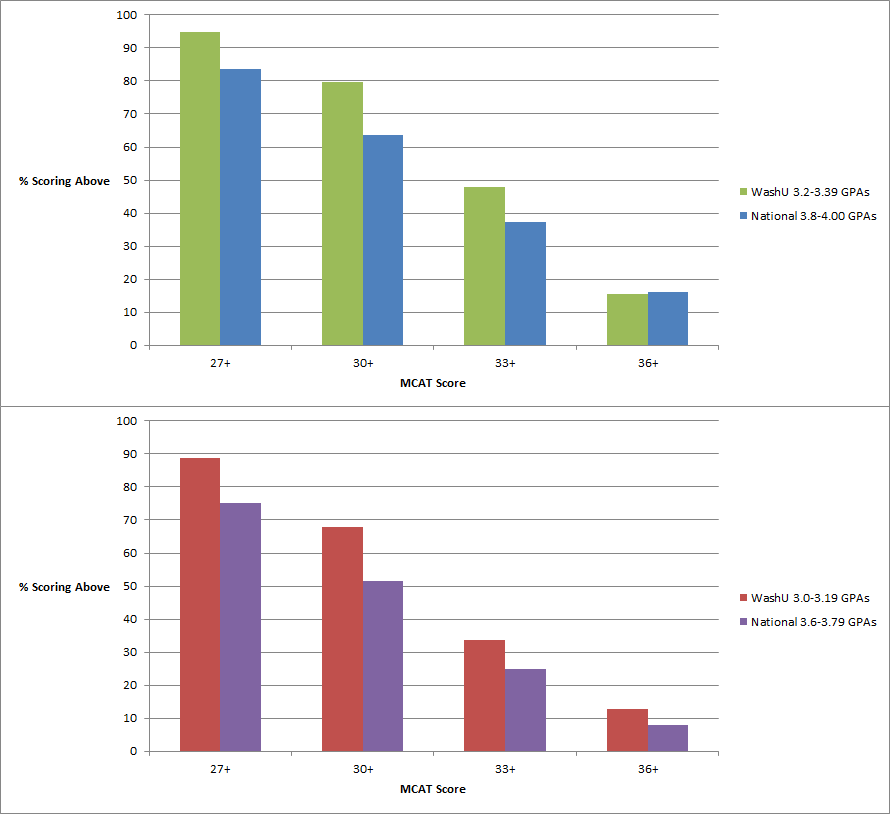- Joined
- Mar 18, 2015
- Messages
- 11
- Reaction score
- 1
- Points
- 4,551
- Pre-Medical
I'm a Californian, flushed by the UCSD medical scholars program so stuck in nowhere in SLU for its medical scholars program. I have to wait for the interview which is just two weeks later and still don't know the hell how to answer why I would advance to SLU SOM. I'm looking forward to practice back in my city.
Is Saint Louis University SOM a really good school? I always doubt it when I hear Wash U guys come over and make fun of us calling "the school over there (Forest Park)" in a slightly negative tone. Would it worth when I try to settle in my business back there?
I do know that in order to get into a medical school I should be in a top tier in undergrad. Still I wonder whether this university, which is not even in the US top 100 ranking and QS World University report ranking, would give me a prestige.
Or should I shoot for transferring into UC so that I can apply for Cali med schools?
Helpful answers pls
Is Saint Louis University SOM a really good school? I always doubt it when I hear Wash U guys come over and make fun of us calling "the school over there (Forest Park)" in a slightly negative tone. Would it worth when I try to settle in my business back there?
I do know that in order to get into a medical school I should be in a top tier in undergrad. Still I wonder whether this university, which is not even in the US top 100 ranking and QS World University report ranking, would give me a prestige.
Or should I shoot for transferring into UC so that I can apply for Cali med schools?
Helpful answers pls


